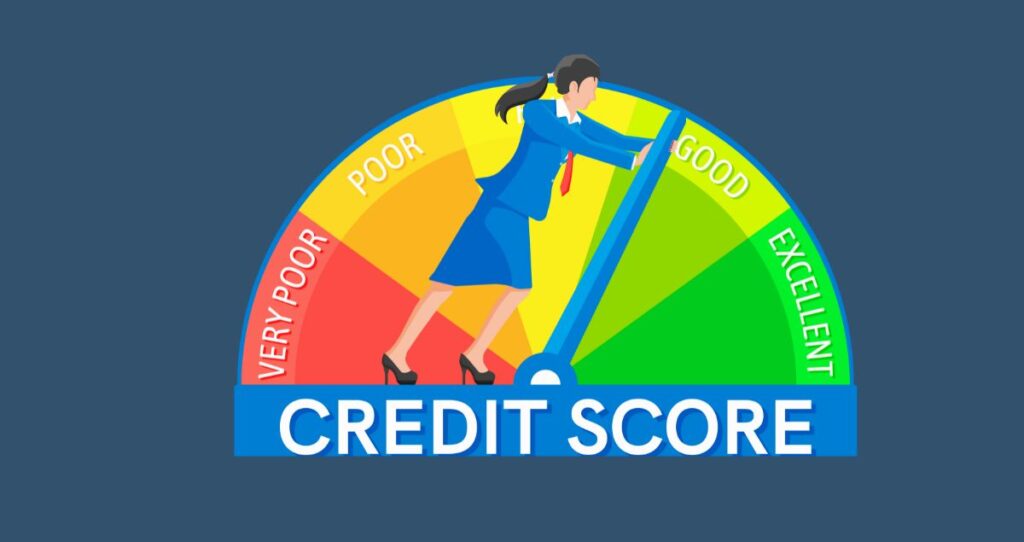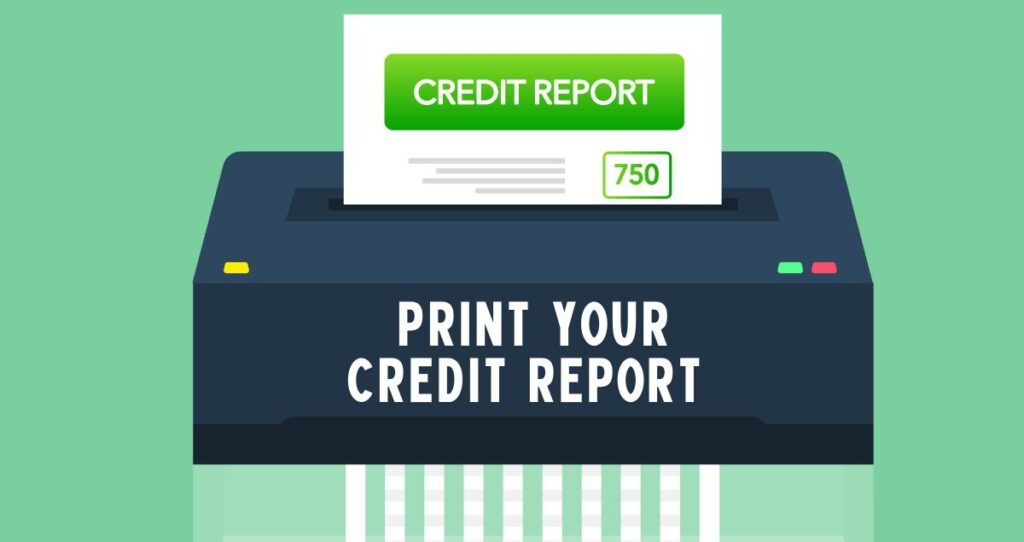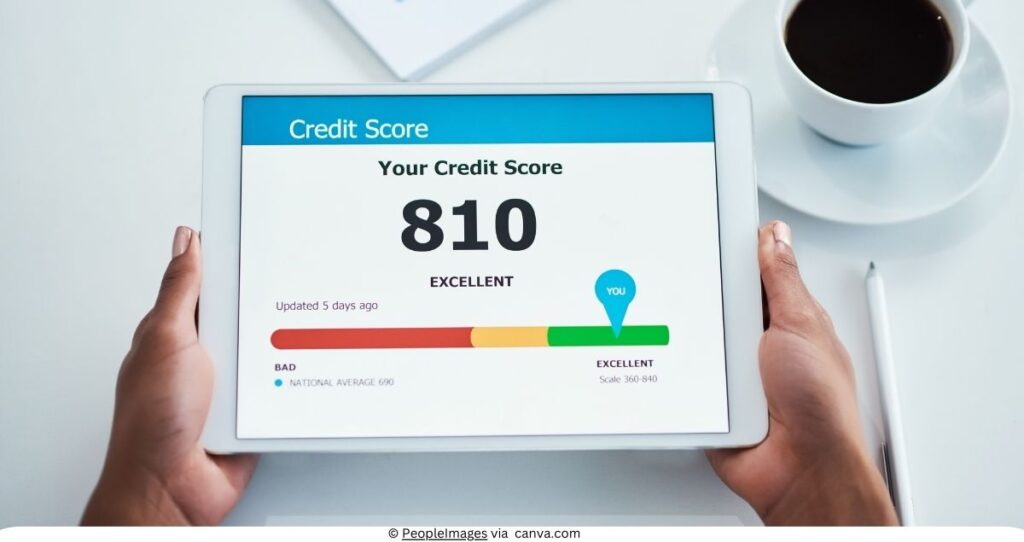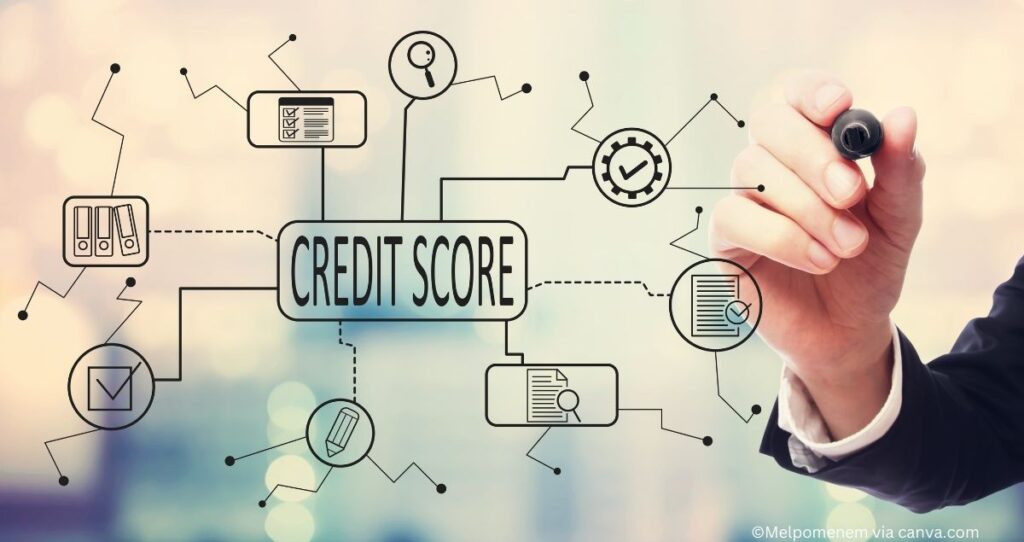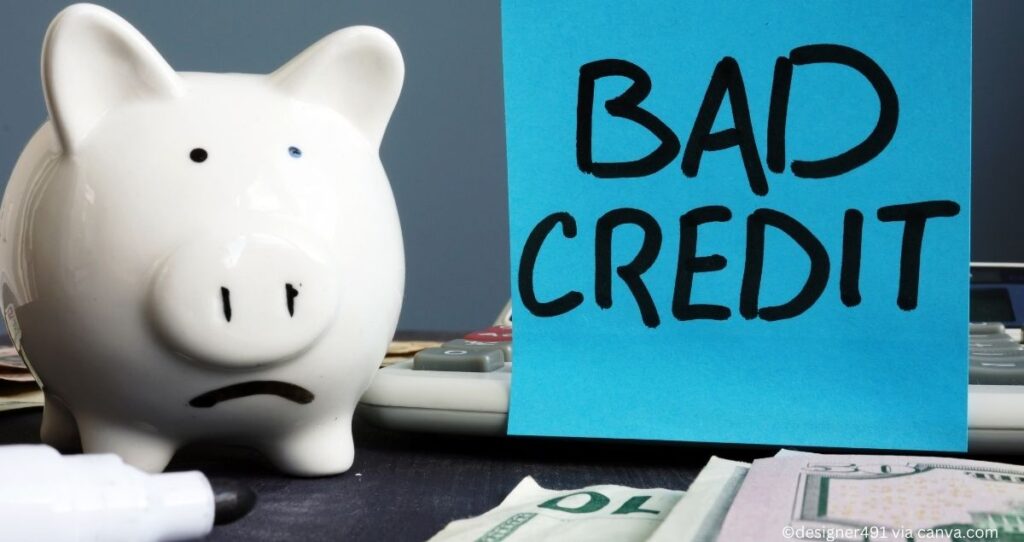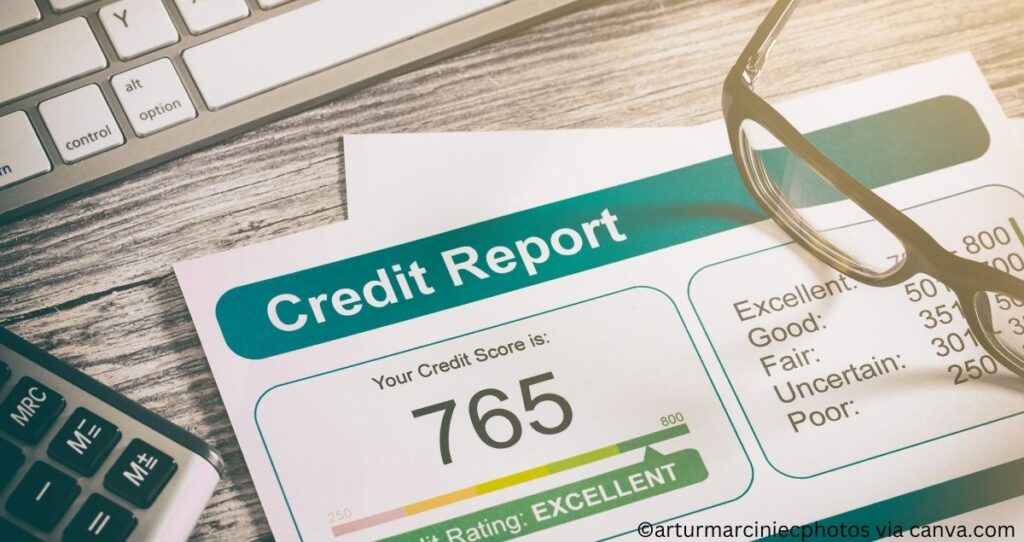Does it cost money to check your credit score online? If you want to know your credit score for free, there are many places you can check it without paying a fee. At the same time, some companies charge a fee to view your credit score. For example, many credit card issuers such as Discover, CapitalOne, etc. give you free access to your credit score. Besides credit card issuers, other third-party companies offer free credit scores online.
For example, CreditKarma is a reputable place to get a free credit score. This site allows you to monitor your credit score and gives you access to your score at no cost. Unlike credit score, you are entitled to a copy of your annual credit report once in 12 months from each credit reporting bureau(Equifax, TransUnion, and Experian). According to the Consumer Financial Protection Bureau(CFPB), the credit reports you get from major credit reporting agencies do not include a free credit score.
However, you can pay a fee to view your credit score from scoring companies and major credit reporting agencies.
Here is everything you need to know about free credit scores.
Why does a credit score matter?
Lenders rely on your credit score and information from your credit reports to approve or deny your loan application. Typically, a good credit score indicates that you pay your bills on time, are responsible, and therefore, less risky. For this reason, you qualify for all kinds of loans and credit cards at lower interest rates.
A good credit score also helps you qualify for higher credit limits on credit cards, and better perks such as cashback, miles, and points. If you are applying for a job that requires a credit check, having a good credit score will help you get the job. Should you need an apartment, utility, or phone service, the business or your landlord can waive the security deposit if you have a good credit score.
On the other hand, a low credit score means you pose more risk to the lender. For this reason, you pay higher interest rates on or get denied loans when your credit score is bad. For example, you need at least a 620 credit score to qualify for a conventional mortgage. If your credit score is lower than 620, mortgage companies will reject your mortgage application.
You might also like: How your credit score affects your mortgage rate.
Does it cost money to check your credit score?
There are many ways to check your credit score for free and the best way is to start with your credit card issuer. Most credit card companies give you free access to your credit score. Since your credit score is usually updated every month due to new information in your credit reports, you can monitor your credit score in your credit card account.
Some companies also include your credit score in your monthly statements. If your credit card company does not offer a free credit score, you can still check it for free online. A good place to start is Credit Karma. All you have to do with this website is to create an account and regularly check your credit score without paying a fee.
Other websites offer free credit scores but you must do your homework and create an account with a trusted website. You can also purchase a credit score from each major credit reporting agency and other credit scoring companies. Credit reporting agencies give you a free copy of your annual credit report once in 12 months but these reports do not include a free credit score. To get your credit score from these companies, you will need to purchase it for a small fee or have a membership.
Related post: How to check your credit score for free?
How do you find out what your credit score is without paying?
You can get your credit score using the strategies I mentioned above. If these options do not work, purchase your credit score from credit reporting agencies. You might get an option to create an account with a credit monitoring company which comes with a free credit score as part of their service.
If you need a membership before viewing your credit score, it will no longer be a free credit score. The company might be charging you for credit monitoring services which is considered paying to view your credit score.
Credit score vs. credit report
Your credit report includes credit account information submitted by different businesses to major credit reporting agencies. This information includes your payment history, credit utilization, how much you owe, how long you have been using credit, new accounts, delinquency activities, etc.
The credit reports also include all information related to your credit accounts such as your personal information.
Your credit score, on the other hand, is a number that ranges between 300 to 850. Credit scoring companies and major credit bureaus, calculate your credit score based on information from your credit reports. The main factors that affect your credit score include your payment history, credit utilization, credit age, credit mix, new account activities, and any negative items on your credit reports such as foreclosure, bankruptcy, collection, late payments, etc.
Check out how foreclosure affects your credit score.
Lenders use your credit score to approve or deny your credit. Your score is also used to determine the terms of your loan and the interest rate you pay. A high credit score means you are financially responsible and less risky. For this reason, you qualify for higher loan amounts lower interest rates, and better terms.
A bad credit score, on the other hand, shows you are a risky borrower which is usually reflected by late payments, similar negative items, high credit utilization, thin credit files, etc. With a bad credit score, you get denied credit or get approved at higher rates.
How do you get a free credit report?
You can get a free copy of your annual credit report from each major credit reporting agency once in 12 months. To request a copy of your free credit report from each bureau, order it from: AnnualCreditReport.com. You can also call the toll-free 877-322-8228 or get the report through the mail by completing an Annual Credit Report Request Form. Here is the address where to mail the form: Annual Credit Report Request Service, P. O. Box 105281 Atlanta, GA 30348-5281.
Read more: How to get a free annual credit report
Where can I check my credit score for free?
These are some of the places where you can check your credit score for free.
- Your credit card provider. Most credit card issues also give you a free copy of your credit score.
- Chase Credit Journey. Provides Free VantageScore from TransUnion
- Credit Karma. Free credit score from Equifax and TransUnion
- Discover Credit Scorecard: Free FICO Score
Why are my credit scores different?
Your credit score usually differs based on the credit scoring models used to calculate it and the credit reporting agencies where your information was pulled from. Some lenders report to one credit reporting agency while others report to 2 or all major credit bureaus.
The FICO and Vantage Score models are the main scoring models used to calculate most credit scores. Each of these scoring models applies different weights to information in your credit reports resulting in different credit scores.
Other scoring models include TransRisk, Experian’s National Equivalency Score, Credit XpertCredit Score, Insurance Score, and CE Credit Score, according to Debt.org.
Each scoring model is tweaked to meet the specific needs of the industry. For example, the Insurance Credit Score won’t be the same as your FICO score. Similarly, your FICO score will not be similar to your Vantage Score. Most lenders, however, use the FICO score for loan application processes.
Your credit score will also be different from the score your lender sees when you apply for credit due to having different scoring models. The credit score you see when you check online gives you a general idea of where you stand and what to expect when applying for loans.
How can I improve my credit score?
To improve your credit score, you need to focus on major factors that affect your credit score. These factors include payment history, age of your credit, credit utilization, credit mix, derogatory market, hard inquiries, and how much you owe.
Here is how to improve your credit score by focusing on these factors.
Pay your bills on time. Your payment history accounts for 35% of your credit score. So, having a good track record of on-time payments contributes the most to your credit score.
Keep your credit utilization under 7%. Credit utilization is the second biggest factor in your credit score calculation as it accounts for 30% of your score. Credit utilization is the ratio of how much you owe compared to the available credit limit expressed as a percentage. A lower credit limit shows financial stability which improves your credit score.
Avoid excessive borrowing. Each time you apply for a loan, a hard inquiry appears on your credit reports and drops your score by 5 to 6 points. Each inquiry stays on your credit reports for 24 months but only affects your score for 12 months.
Clean up your credit reports. Having errors, inaccuracies, fraudulent activities, or negative items on your credit report will lower your credit score. For this reason, you need to regularly clean up your credit reports by disputing errors and inaccuracies to major credit bureaus.
Do not close unused credit accounts. If you have an old credit card you are not using, do not close it. Closing a credit account, especially an old one can lower the age of your credit which in turn drops your credit score.
More credit score tips
Is 800 credit score good: How to make the most of it?
